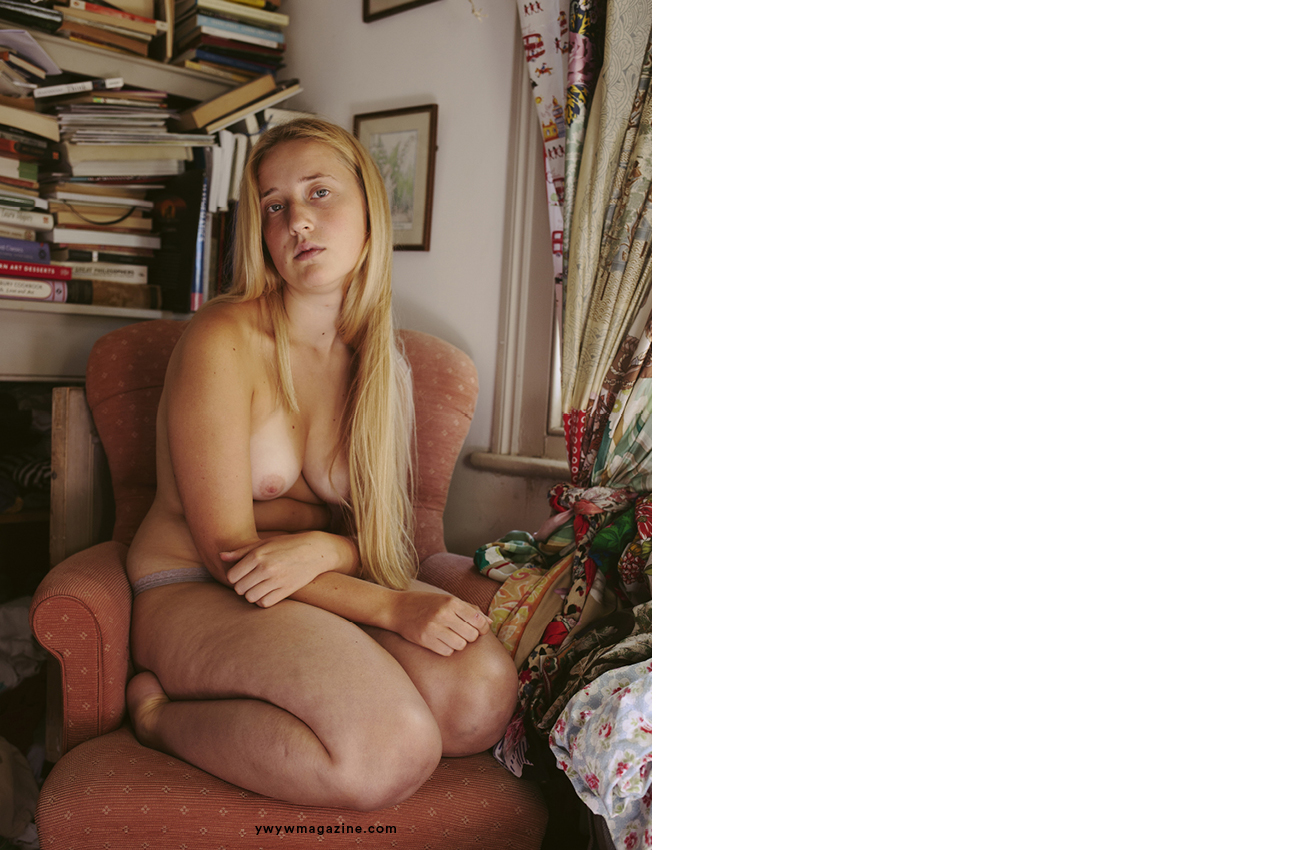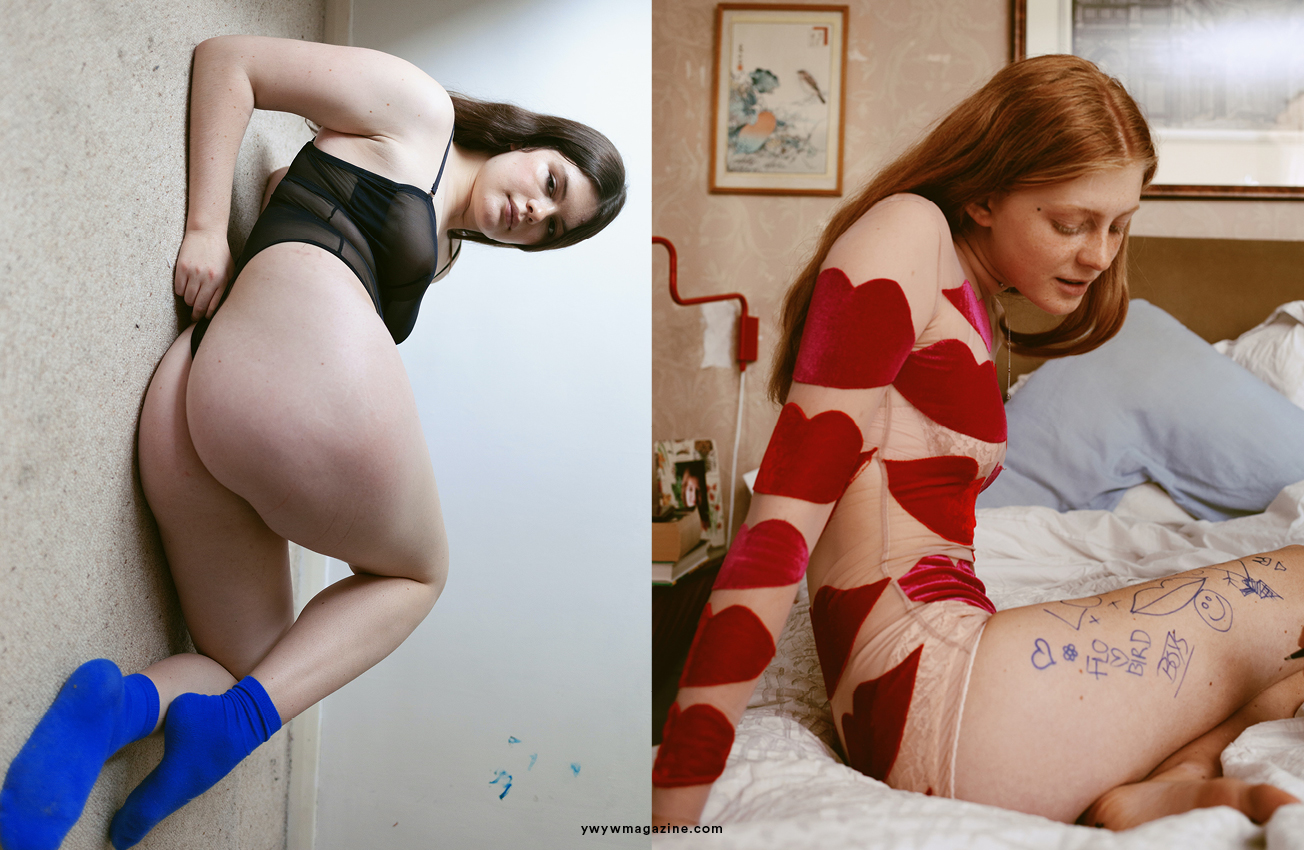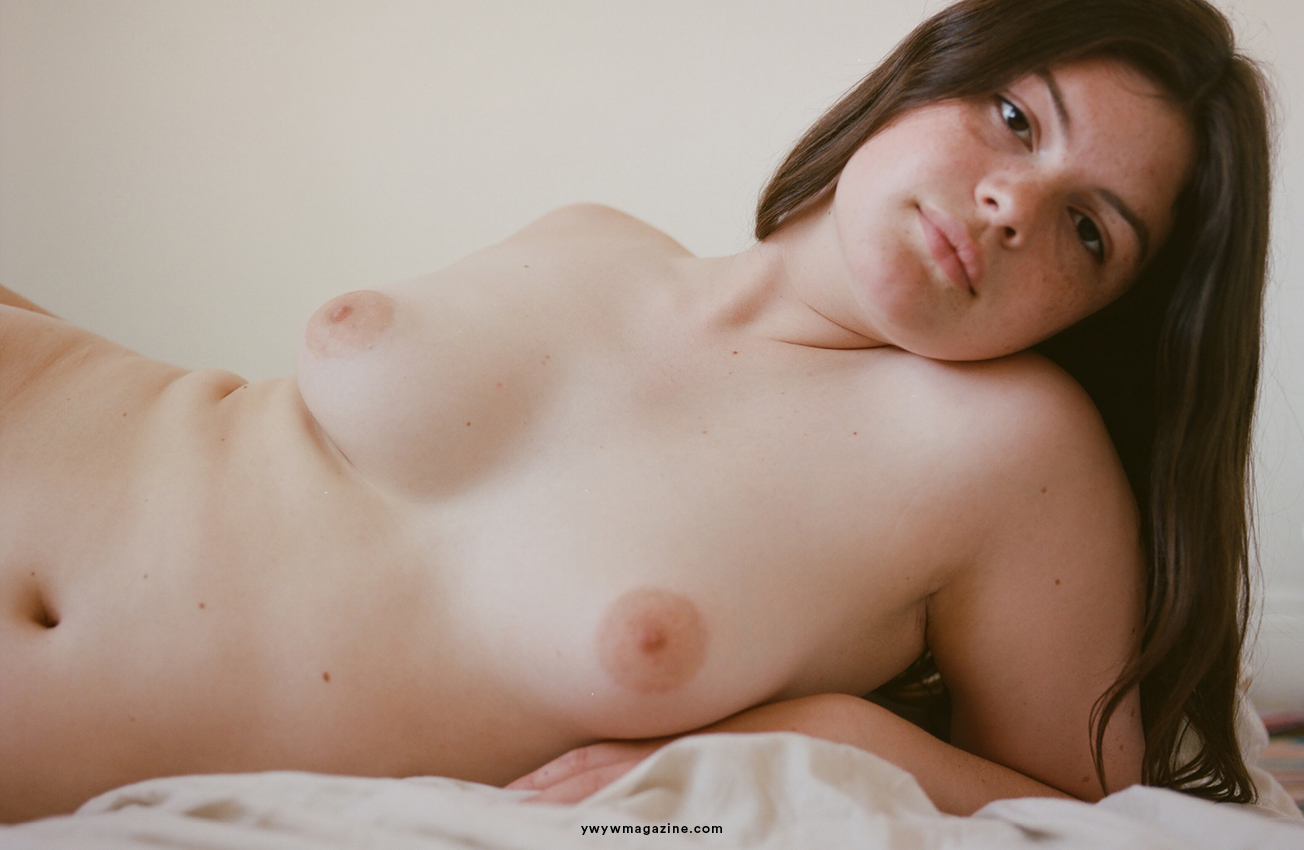
Guen Fiore is an Italian award-winning photographer that was born in 1988 in Pescara, Italy. She likes spring when the weather switches from cold to warm, the daylight gets longer and people enjoy being outside together. The distinctive feature of her art is the deep investigation of the human soul she does with her pictures. Guen’s portraits are never limited to showing the exteriority of a figure but penetrate deep inside by capturing every single gesture and attitude. When looking to her pictures one is presented with a “photographical screenplay” that is likely to move to commotion even the absent observer that is fully caught by the human story she is so vividly picturing. Guen’s art is the practical proof that photography can convey touching sensations and establish dynamic relationships with the observer with as much power as words and films.
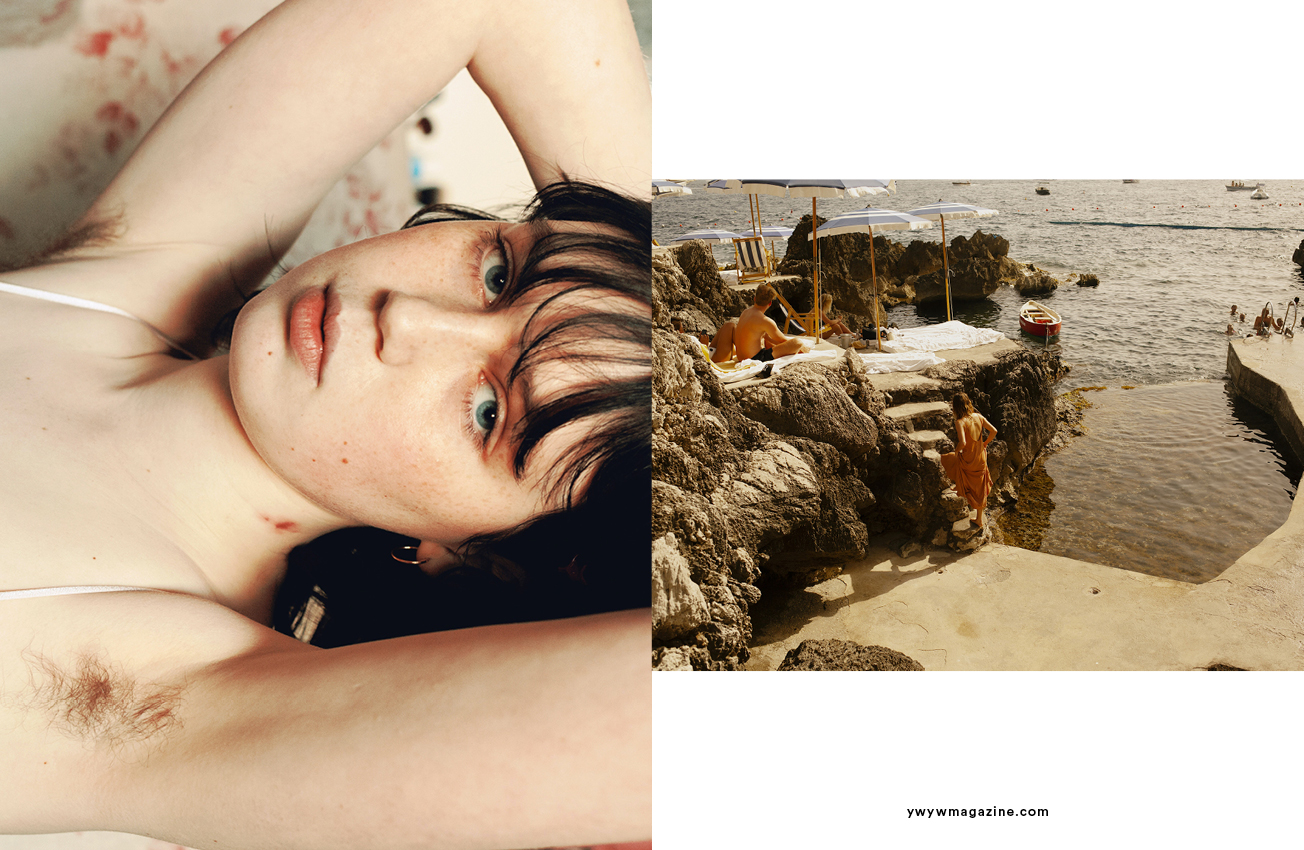
What would you like to know more about?
I’m very fascinated by scientific minds. I’d like to know more about the Universe.
What is your daily routine?
In this specific time I’m trying to wake up early in the morning, have breakfast and do some exercises. For the rest of the day I don’t really have a strict routine. I try to keep myself busy and be a bit productive sending emails, watching classes and interviews online and reading. But I’m not forcing myself to be creative at any cost and I’m taking some time for myself to do random activities. It is actually also nice to be home and be able to spend and enjoy some time with my family.
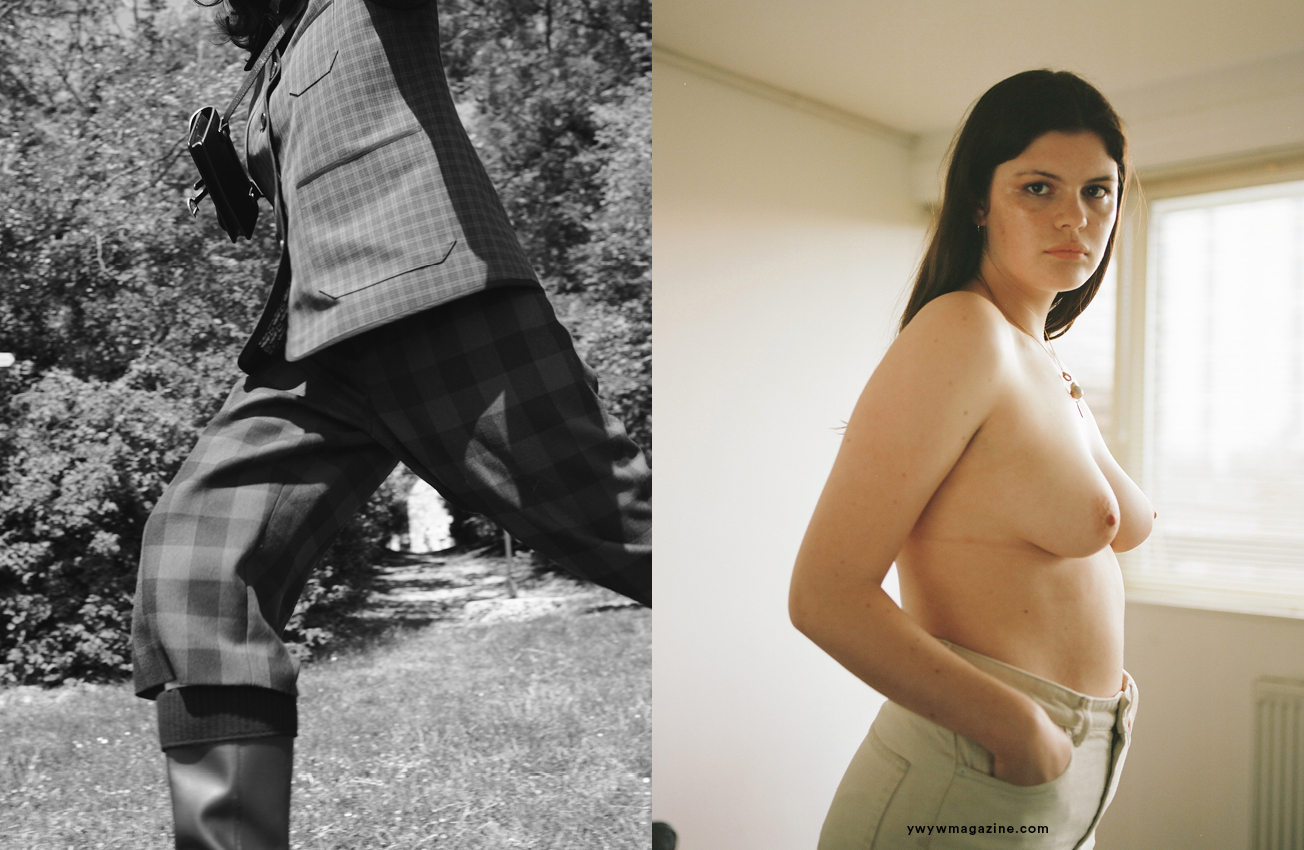
Your specialisation are portraits, please tell us what fascinates you about the human figure and what do you want to convey?
The human figure, especially women, just really inspires me. I’m mostly inspired by what I know and by what represents a certain kind of personal experience for me, so I think that being a woman myself helps me to connect better with some subjects and less with others. When I started to take pictures I did not questionate about what I wanted to convey. I started to photograph what I liked without any specific reason. It is after a while that you keep doing it, that you can actually see the “whole” thing and start to understand a little more about yourself and your personal work. I like to think at my work as something genuine and honest. I always had my idea of beauty, which could be related with the aesthetic of a person or the story that they want to tell. I like to think that I can bring back a hint of honesty in my work; portraying my subjects with simplicity but still trying to tell a story through the lens.
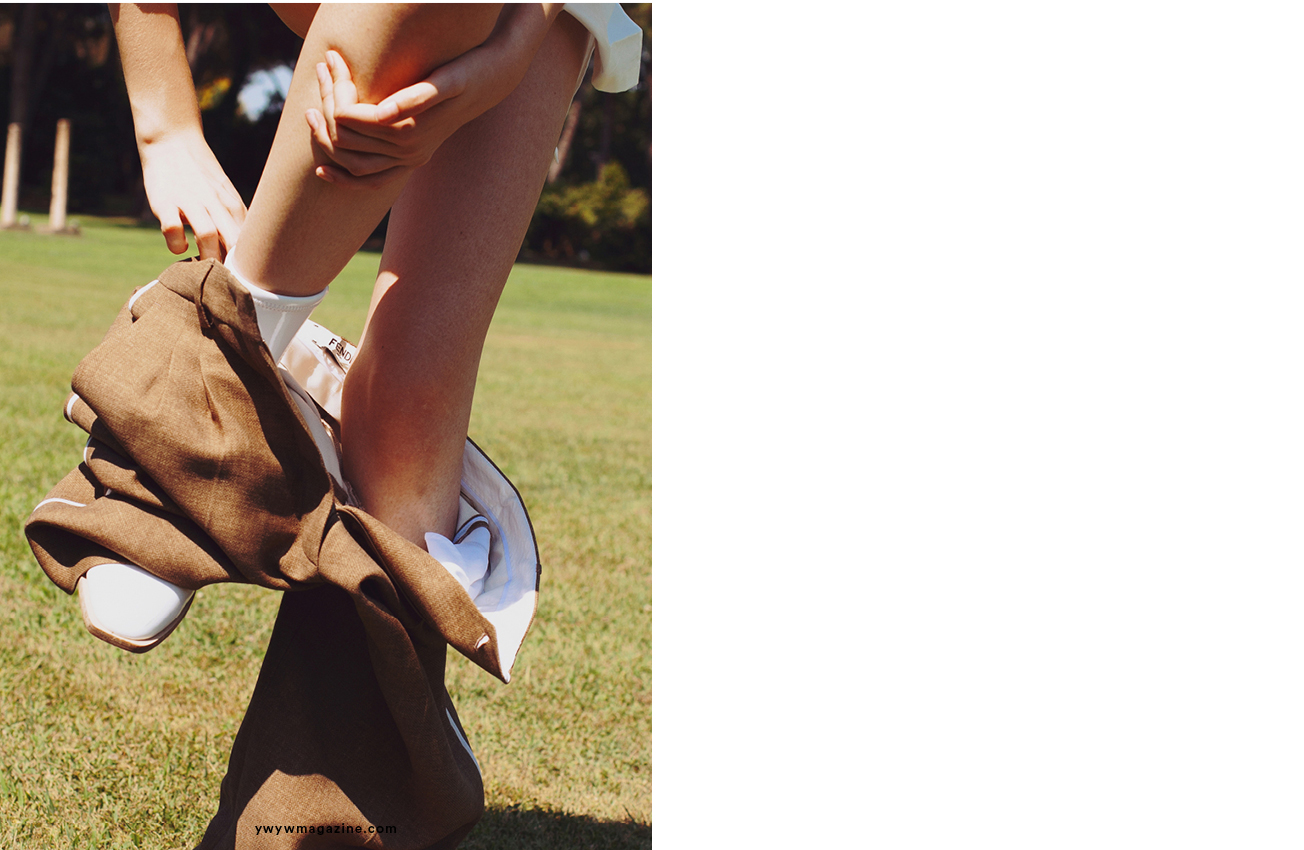
The thing you like most to do besides taking photos
I really like cinema. I enjoy watching movies in general, but I’m also very fascinated by the technical aspects of it: the lights, the colours, the framing. I’ve also been watching a masterclass of Scorsese recently, just because I’m very curious about how a director works.
Two strengths and two shortcomings about you
I’ve always been very intuitive and perceptive, which is something that l’ve always helped me a lot. Shortcomings: I’m sometime paranoid, in the sense that I’m not able to enjoy the moment because I’m worried about what will come next, and insecurity in general.
What do you think London offers more than other cities for those who make your profession?
I think that London, like others cities in Europe, offers you the privilege to be surrounded by a lot of creatives. This is very stimulating in general, but it also makes things easier for you when it’s about creating. Also, the city is very dynamic and there are many things going on all the time, like exhibitions, openings, launchings – and you get the chance to meet a lot of people.
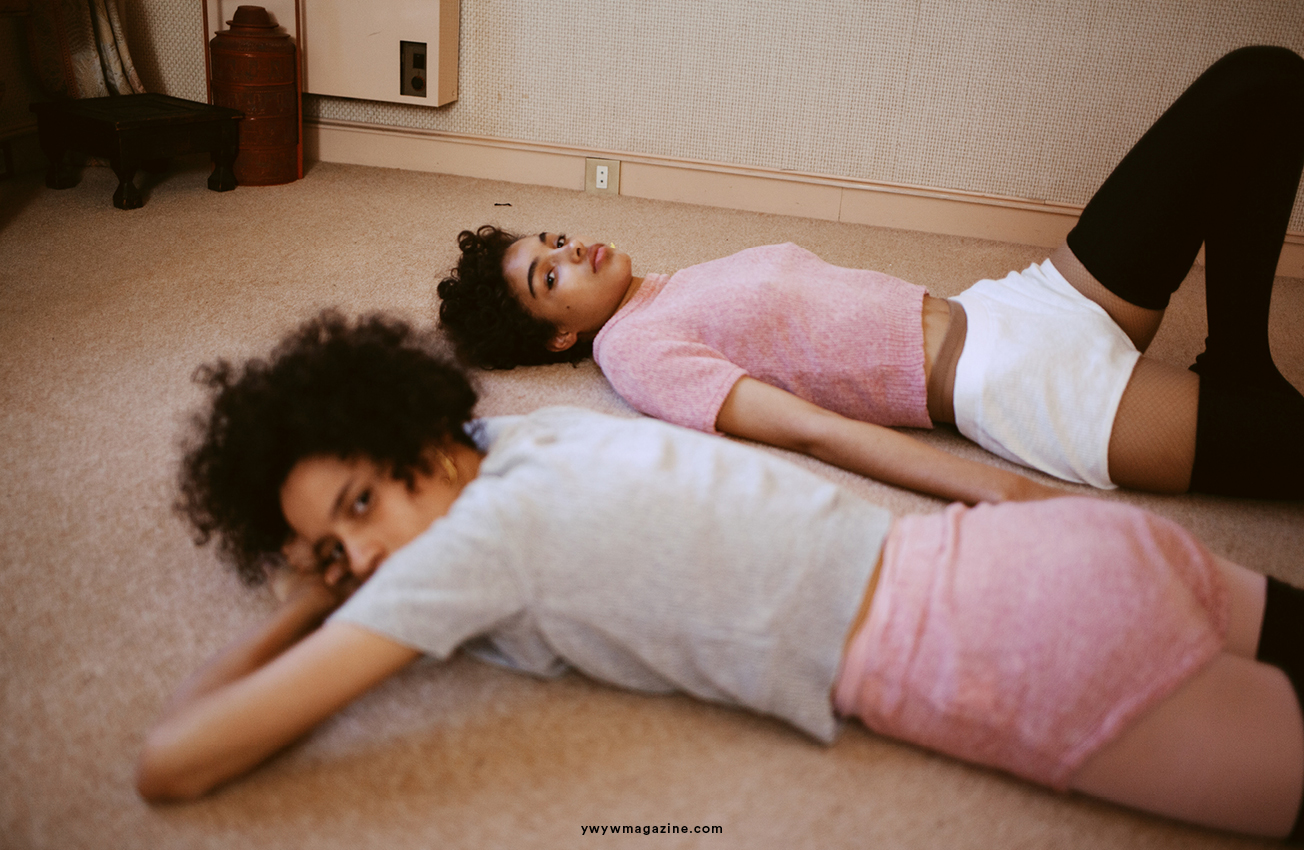
Favorite trip of the last year?
Rome. I traveled a lot for work but I did not have a proper holiday last year. So getting a commission in Rome last summer gave me the chance to meet some of my old friends in my absolute favourite city, which was vey nice. And I LOVE the food in Rome.
How do you choose the subjects to photograph?
I don’t have a specific criteria. I just know if someone works for my work and if I’d like to photograph her/him. I actually have a list of the people/models I’d like to work with, and also when I have to work on a specific project or commission I always go back to that list.
Concrete or abstract?
Concrete
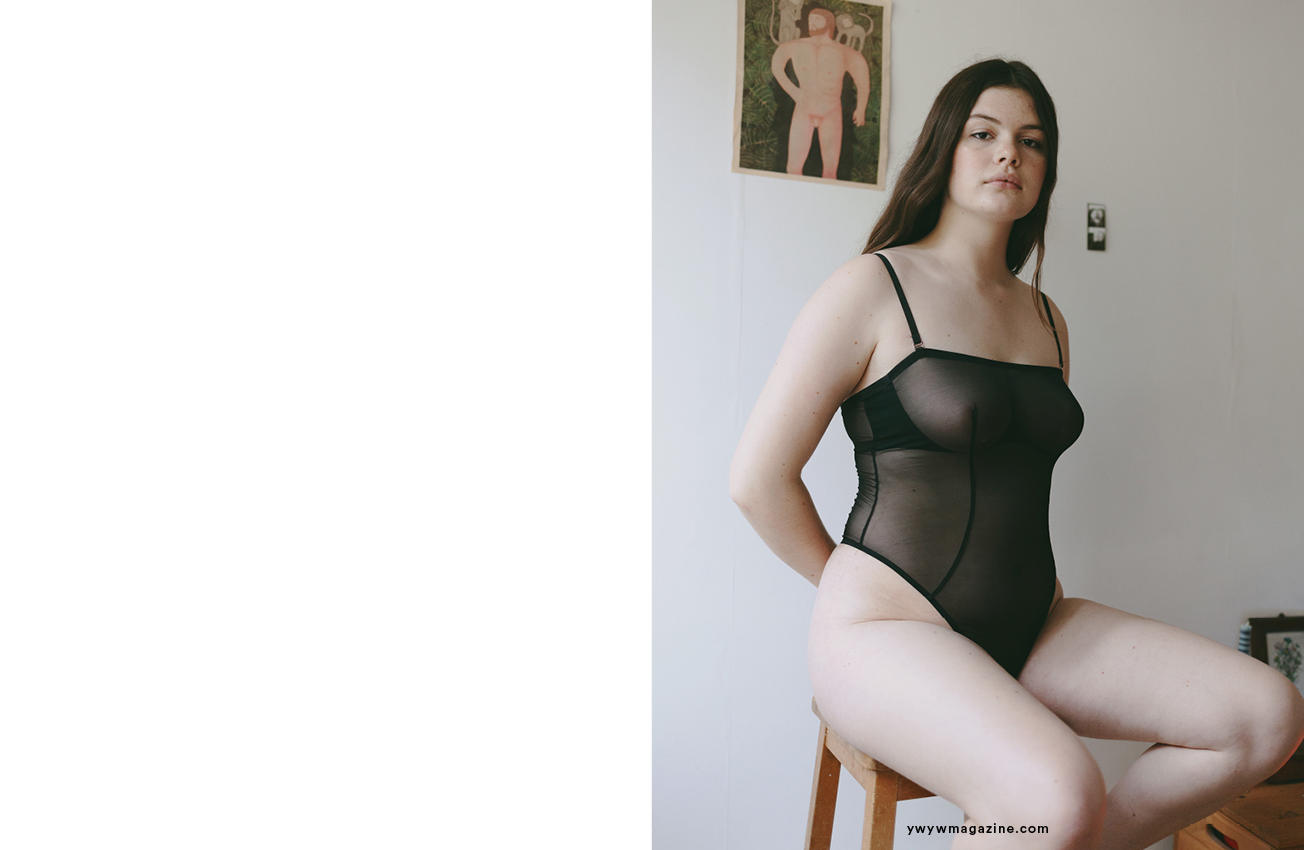
Whose work has influenced you most?
Annie Leibovitz. Few years ago I stopped photographing for many years, for some reasons. During that period, I bought a couple of books of Annie Leibovitz that gave me the motivation and the desire to start working again. And I came back with something totally different from what I was doing before and with a much clearer vision. But it took me time to figure out “who” I wanted to be as a photographer.
What kind of music makes you forget where you are?
I listen to many different genres of music but my favorite are Bob Dylan, Bruce Springsteen and Tom Waits
Do you have any ongoing project?
I’ve some ideas but there is nothing on the making at the moment
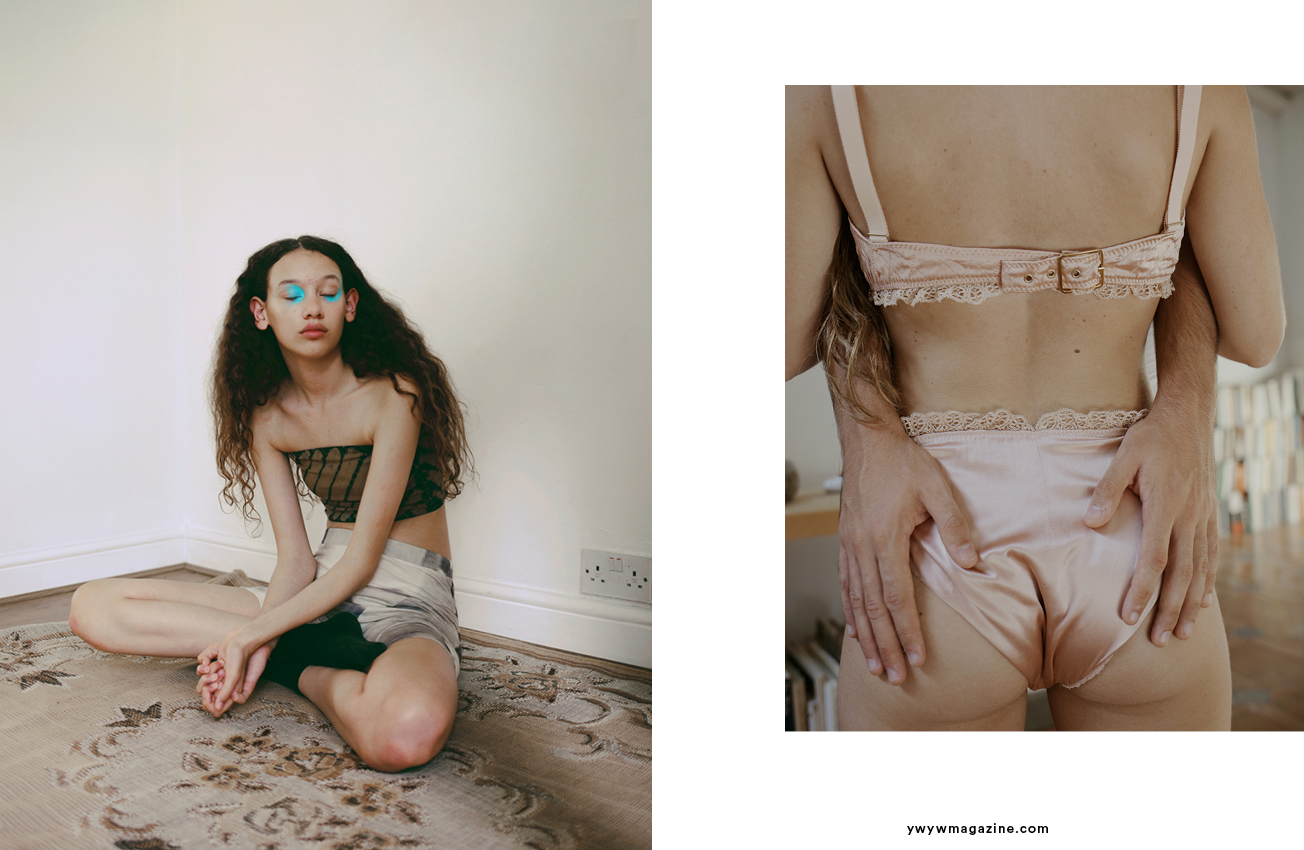
When you shoot, do you try and stay as objective as possible or but also intensely emotional?
I think both. In the sense that I try to stay objective because I focus on the subject but at the same time you put yourself into play so there are many emotions that get in the game. I think it is the beauty of it.
Has it ever crossed your mind, “why am I doing this? or my shooting has been the same thing over and over again without any growth” How do you keep it interesting and get yourself out of a creative rut?
I’m at the point where I can clearly see why I’m doing what I’m doing. Even if I never wondered why I was doing that in the past, what I was doing always made sense to me. I’m now able to see that I “build something” but, as you said, I’m always more often questioning the fact that have been doing the same thing over and over again. I had a very interesting portfolio review last year in Milan with a curator who made me think about the fact that maybe, looking back at my work, I can see it all as a project and that maybe I’m close to the point where I can consider this project finished. I think that keep working always brings to a growth, and if it is not maybe it is because you have to slightly change direction, but in general I think we need time to develop a point of view and it is also normal to have ups and downs and feel stuck sometime. For me it is fundamental to take my time, be creative when I feel the need of create and do other things when I don’t feel inspired. If you keep yourself busy doing different things always related with the artistic sphere (or not), I think inspiration will come back.
